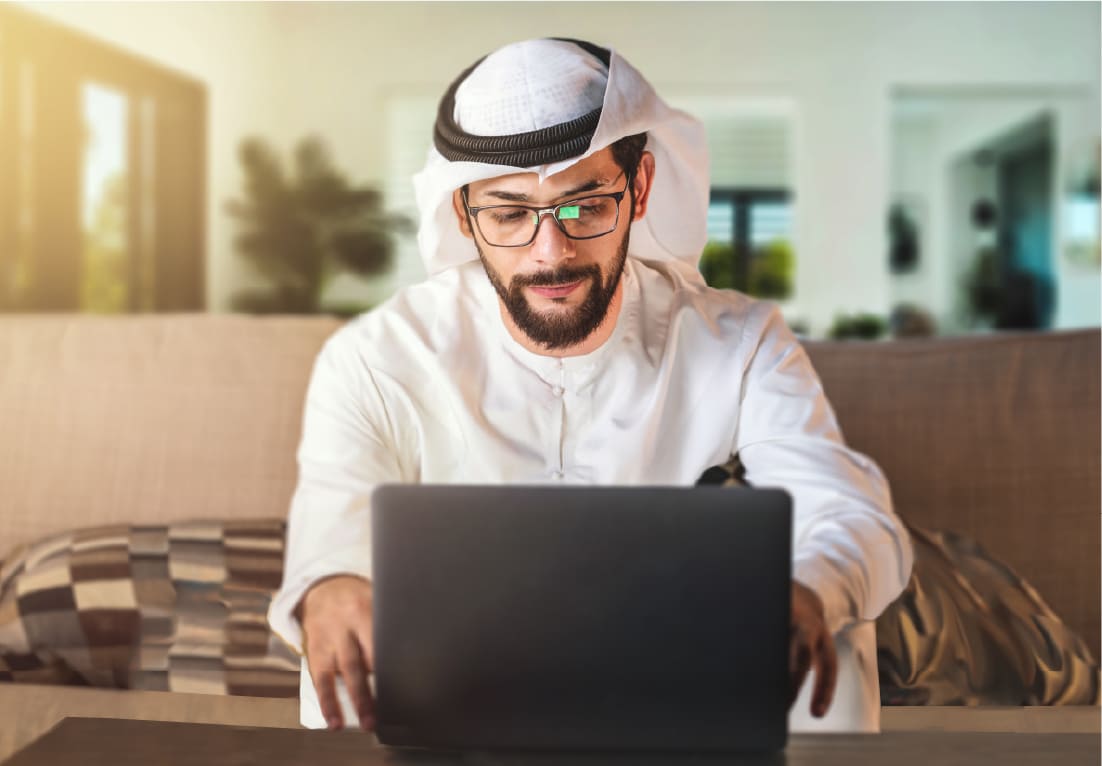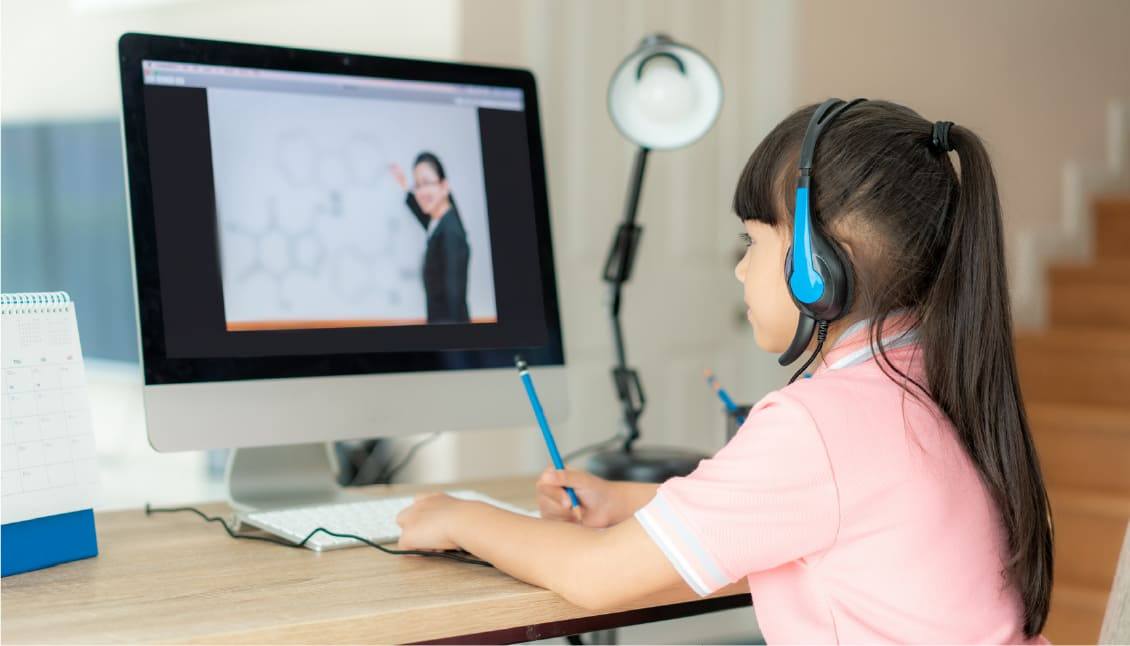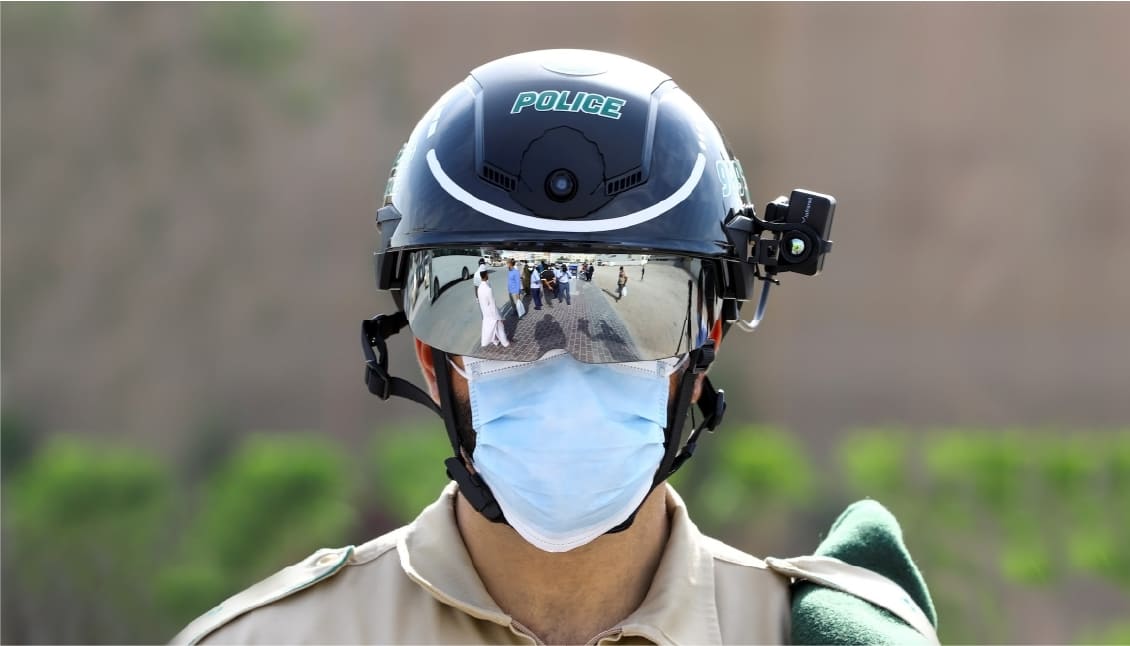There is no doubt that technology has been one of the supporting heroes in battling the impact of the global pandemic. In managing the crisis, His Highness Sheikh Mohammed bin Rashid Al Maktoum, Vice President and Prime Minister of the UAE and Ruler of Dubai, wasted no time in calling into action the full might of the technological capabilities available.
Dubai’s world-class digital foundation certainly rose to the challenge of the tough stay-at-home conditions, enabling diverse teams to create innovative solutions using the advanced and emerging technologies already in place – from artificial intelligence to blockchain and the data sciences.
Thanks to its robust digital infrastructure, the city was able to minimise disruption by enabling government services to continue seamlessly, while health-related emergency measures were implemented quickly and efficiently, and residents and remote working employees were able to stay connected and safe.
Supporting rapid response and recovery
According to Tom Loney, Associate Professor of Public Health and Epidemiology at the Mohammed Bin Rashid University of Medicine and Health Sciences (MBRU), it was “the ability to react, to make quick decisions based on data and science” that set Dubai apart in terms of global response to the outbreak.
Dubai's smart infrastructure supported its economy and its communities through:
Remote working
Dubai’s connectivity infrastructure helped organisations to react rapidly to the challenging situation as it evolved. Companies were able to adjust their day-to-day operations, employees were able to carry out their duties remotely, and online solutions were created for meetings, shopping and many services. There is no doubt that some sectors of the economy were impacted more than others, but technology allowed much of the city’s business momentum to keep rolling. Dubai’s excellent and reliable internet infrastructure effectively supported companies’ use of video conferencing platforms, while others shifted their business focus online to build success through ecommerce.


Distance learning
Children across the UAE have come become more digitally savvy than ever, with school lessons being delivered via video-enabled platforms like Microsoft Teams. They were able to submit assignments electronically, do their exams online, even exercise during video streamed PE classes in the comfort of their homes. This new way of learning – for both schools and higher education institutions like universities – offers benefits such as flexibility. If distance learning is here to stay, it requires the safe digital infrastructure that Dubai communities are fortunate to enjoy.
Coordinated scientific health efforts
The digitisation of the health system contributed significantly to slowing the spread of the virus, as health departments, hospitals, research centres and various professionals used data-driven technology to coordinate their determined efforts. Through Dubai’s advanced digital infrastructure, medical resources could be urgently distributed, virus infections could be better traced and the disease monitored. Using future technologies, protective masks were produced using 3D printers, and the UAE’s scientific teams were able to make breakthrough discoveries to combat COVID-19.


Digital policing tools
Dubai has a reputation for innovation. In managing community movement during lockdown, it employed technology to send residents alert messages via their smart phones in five different languages and processed movement applications and permits quickly and efficiently. Amongst other innovative digital responses, smart helmets were introduced to take the temperatures of those on the streets. Thermal imaging technology was also applied in various ways to alert authorities to high temperatures indicating potential coronavirus cases.

